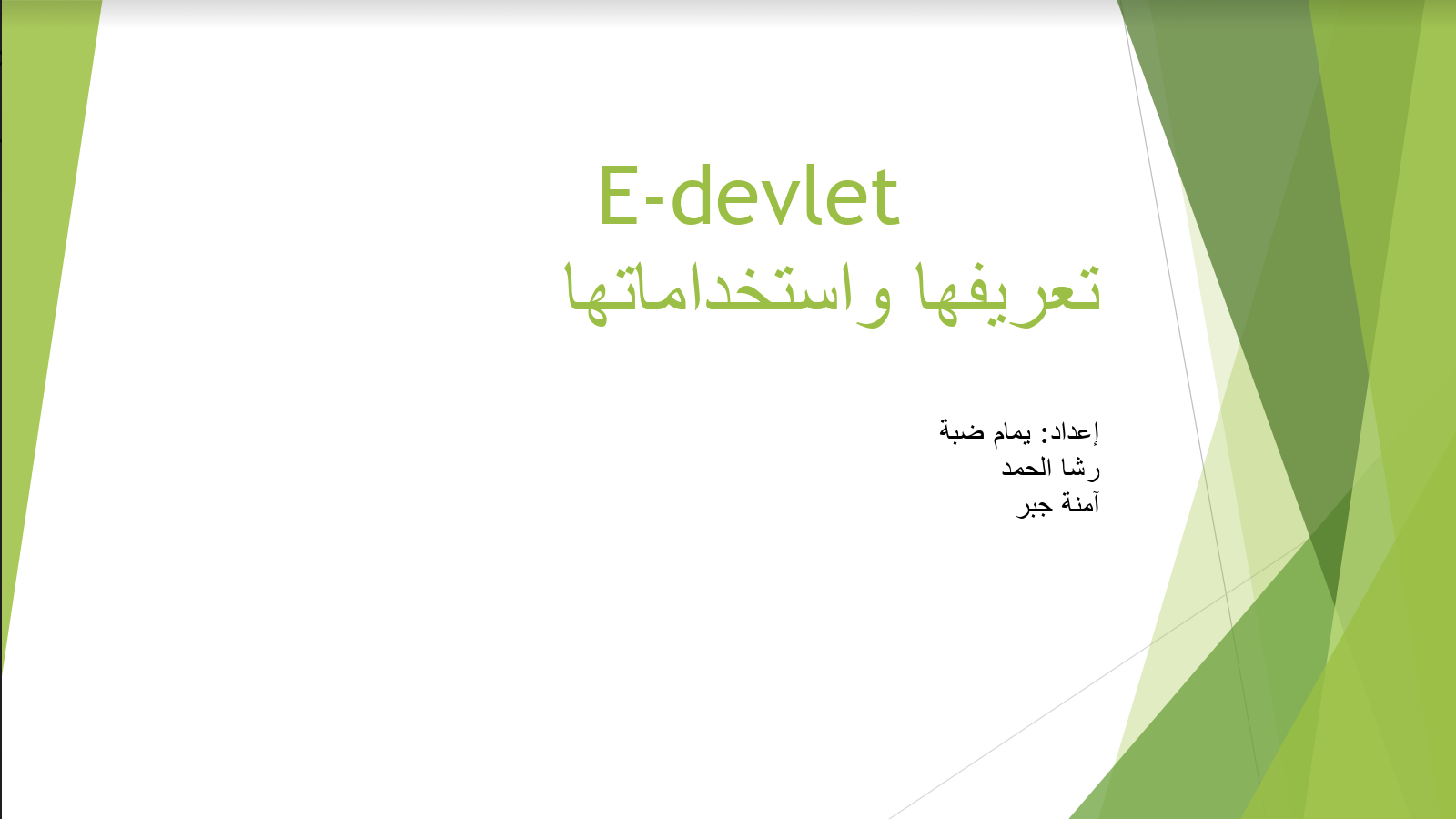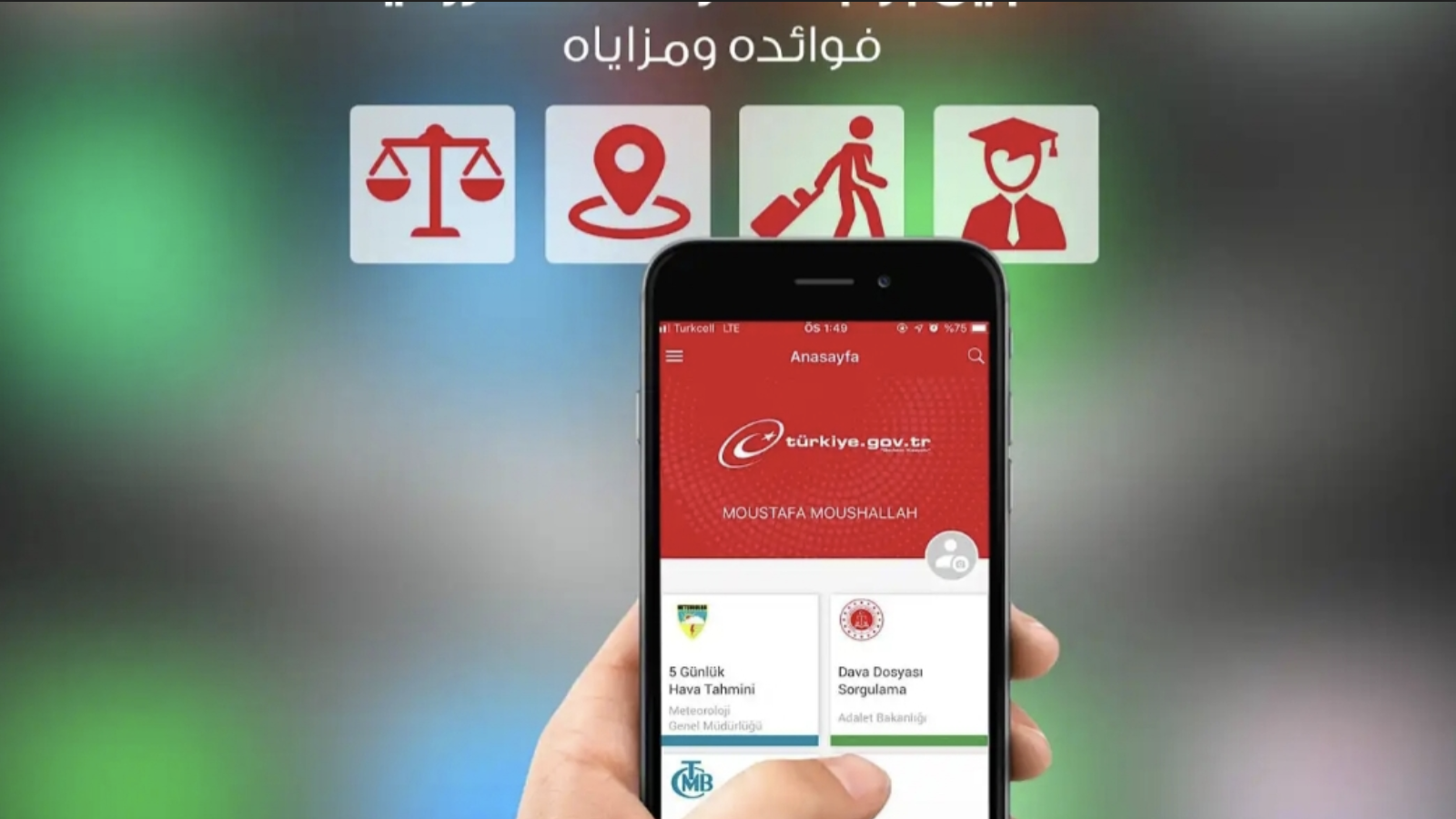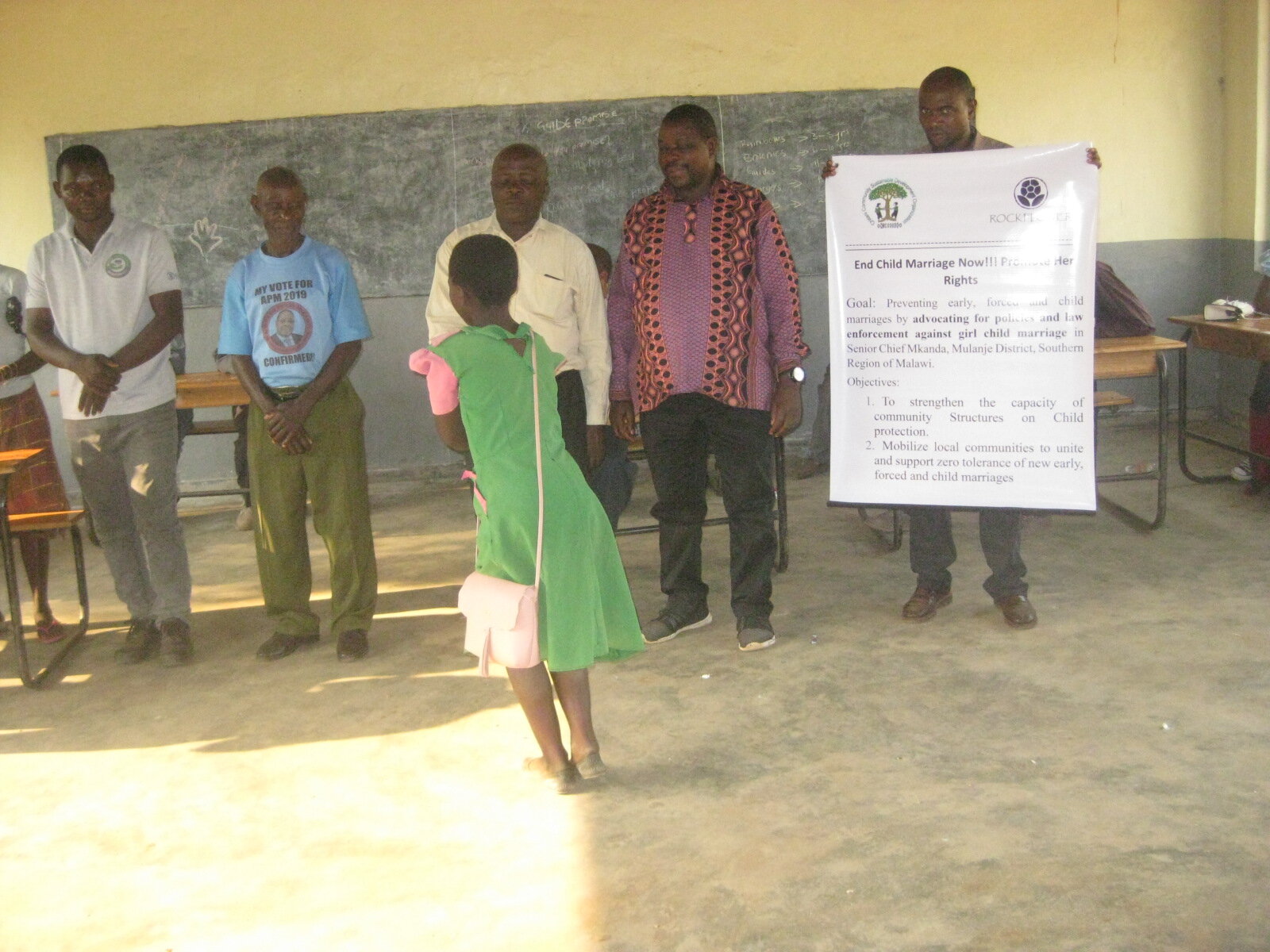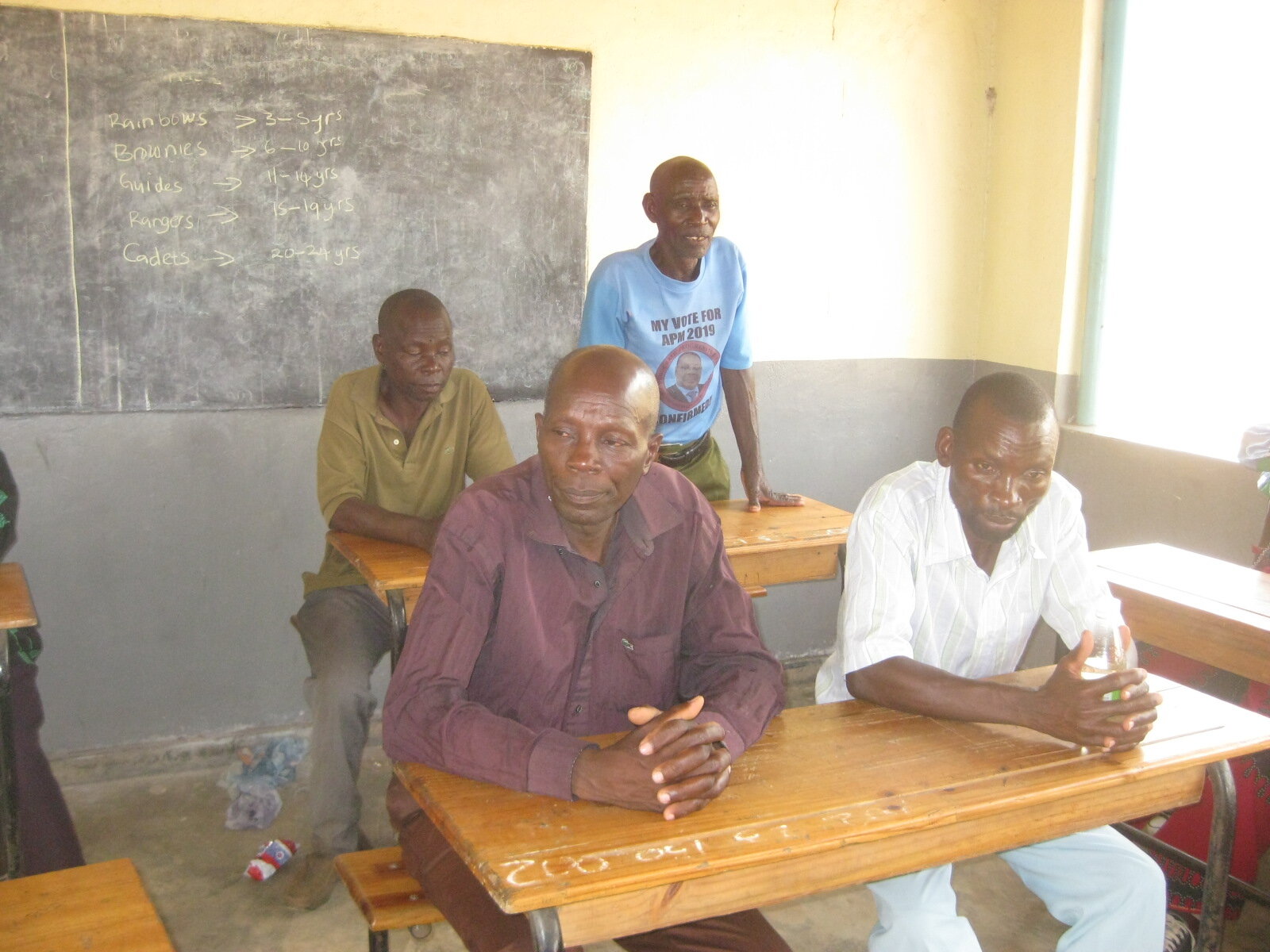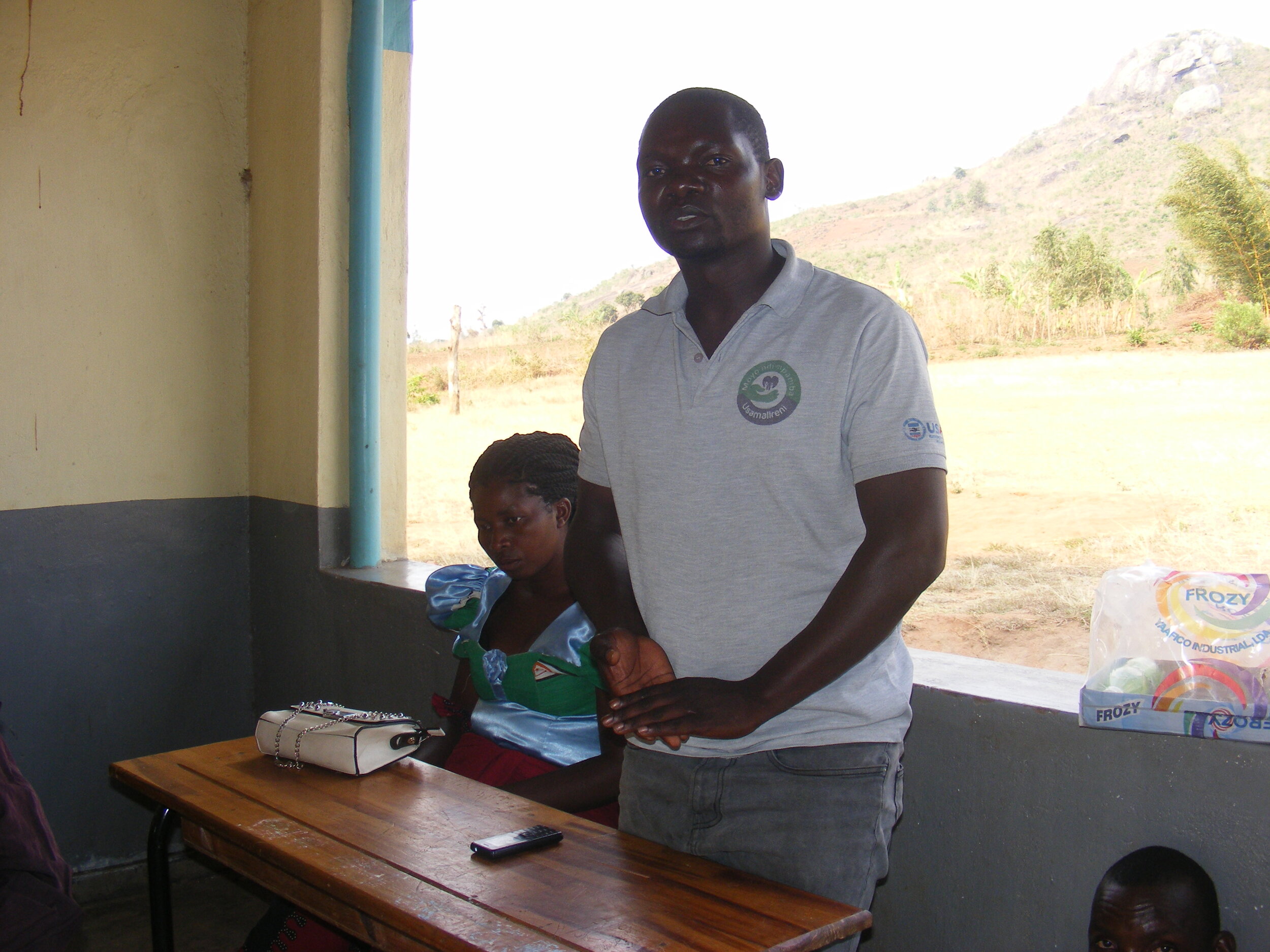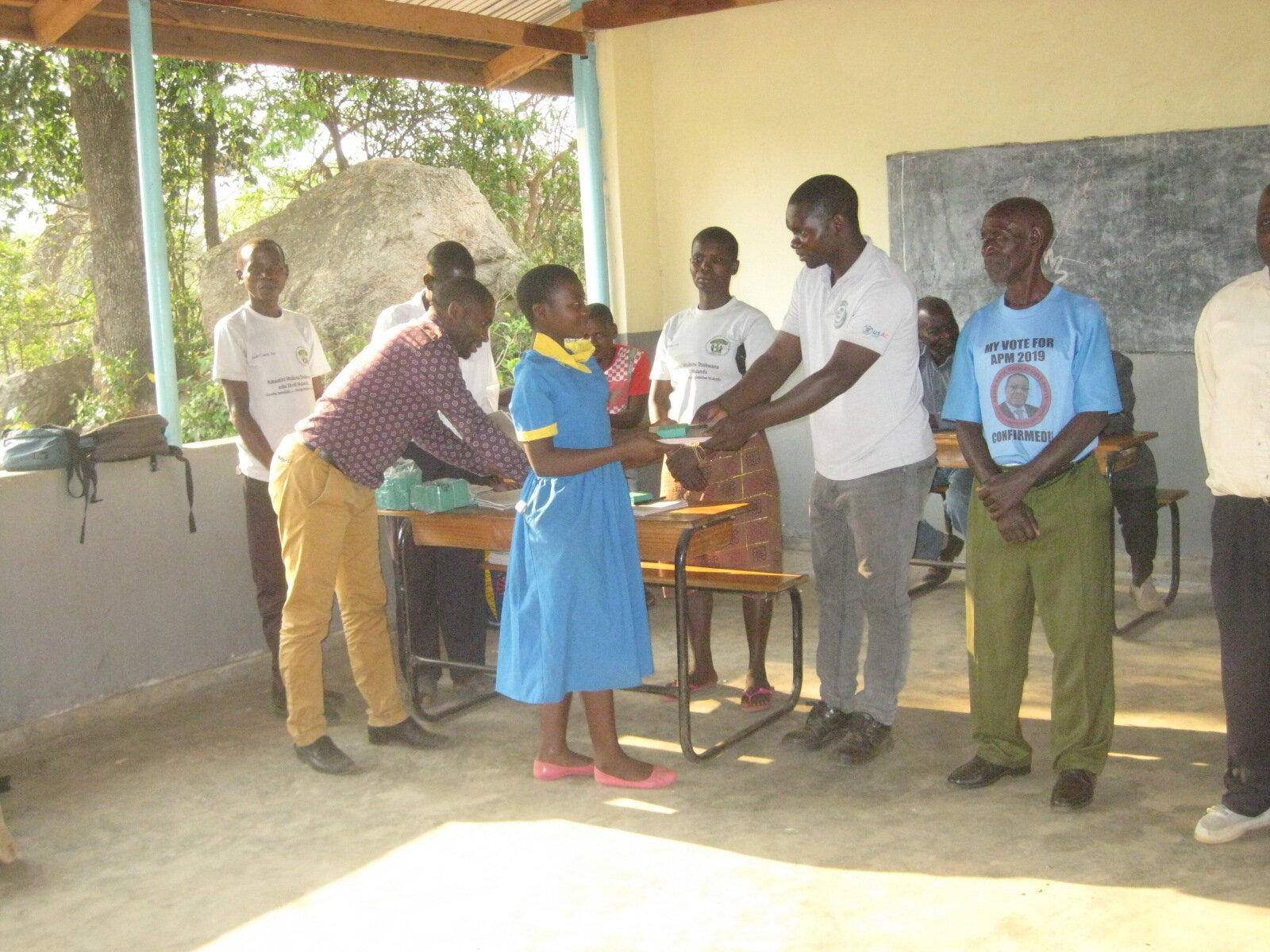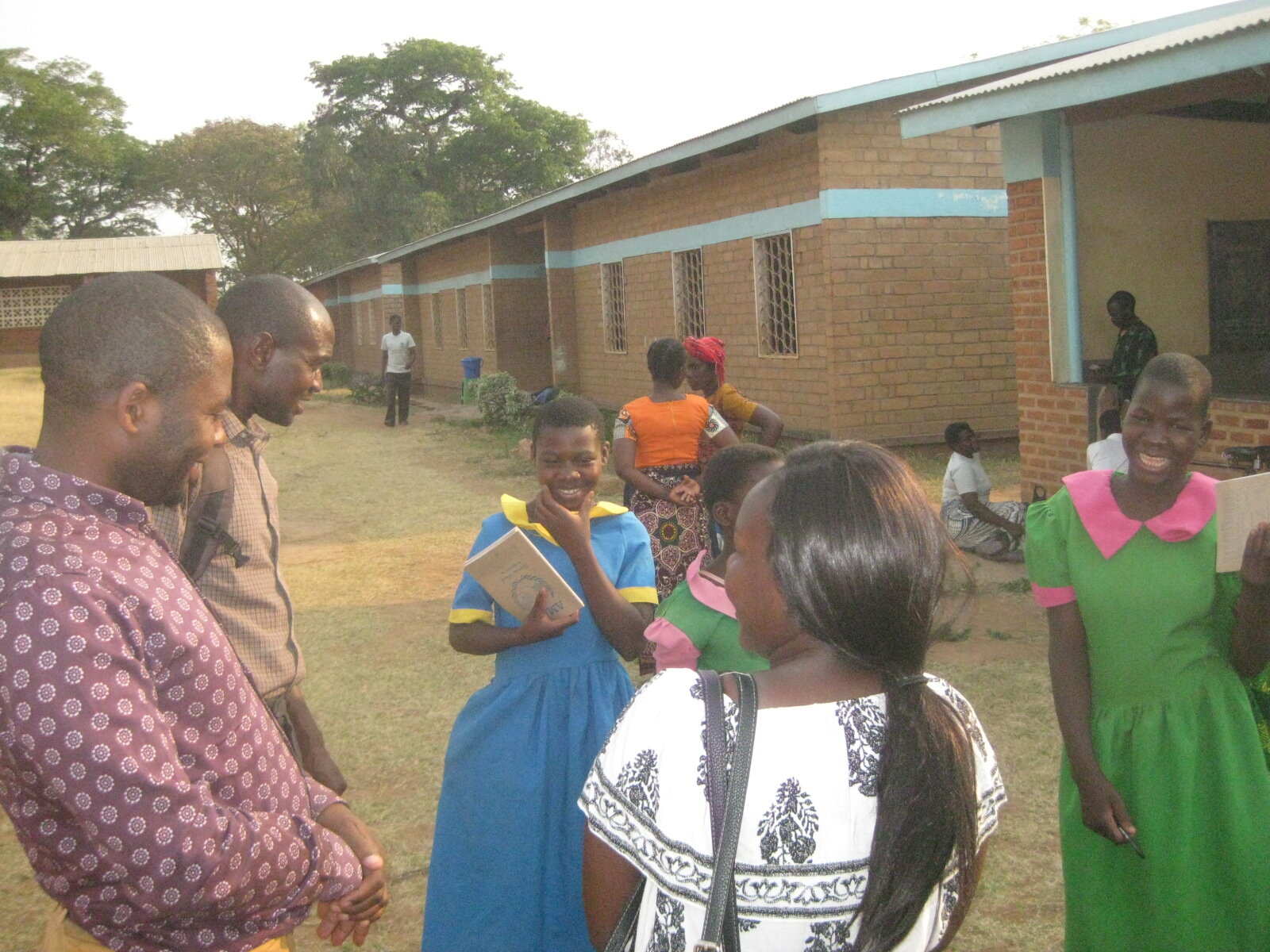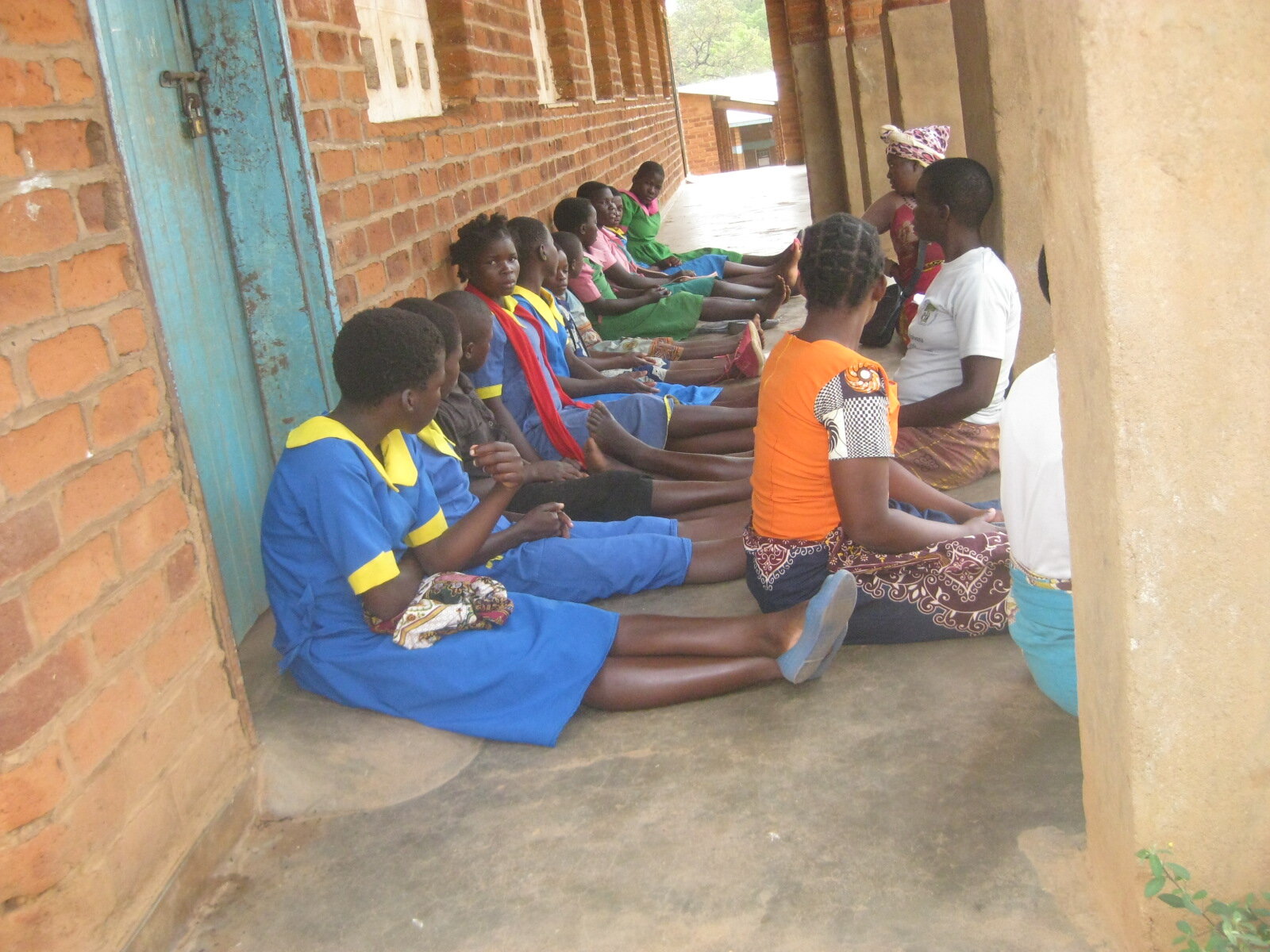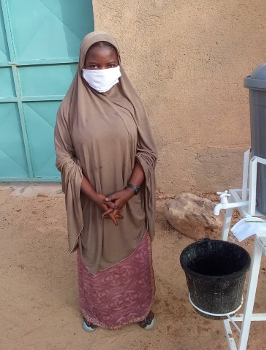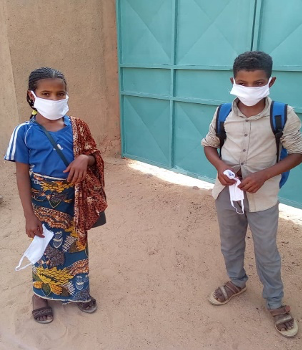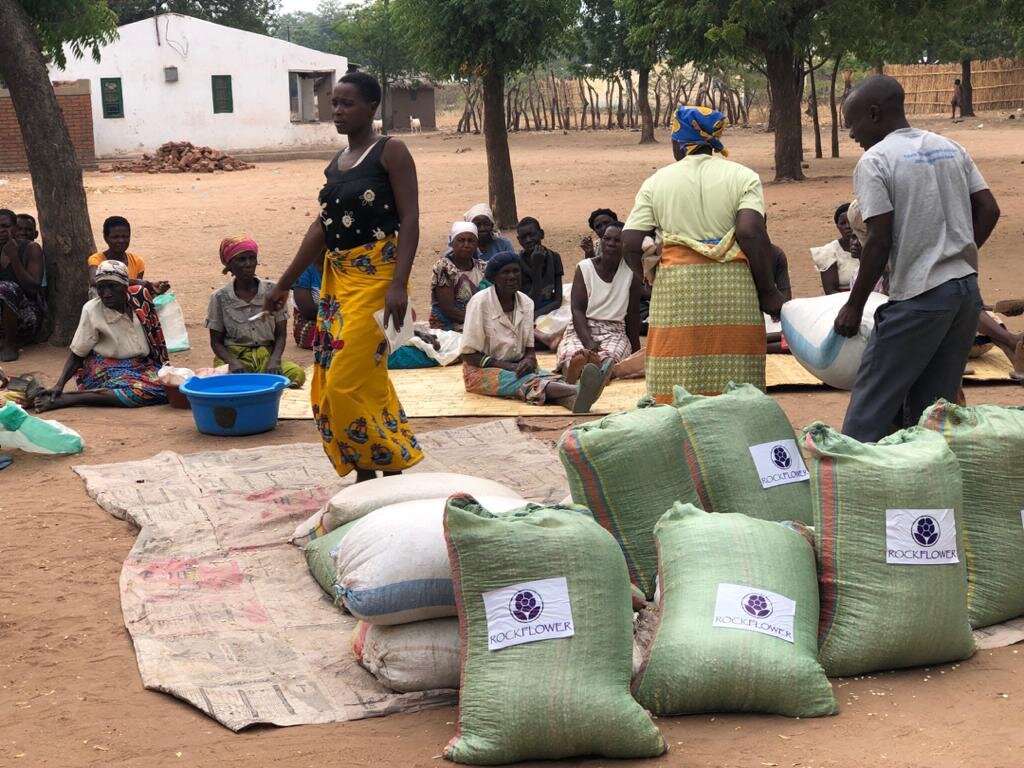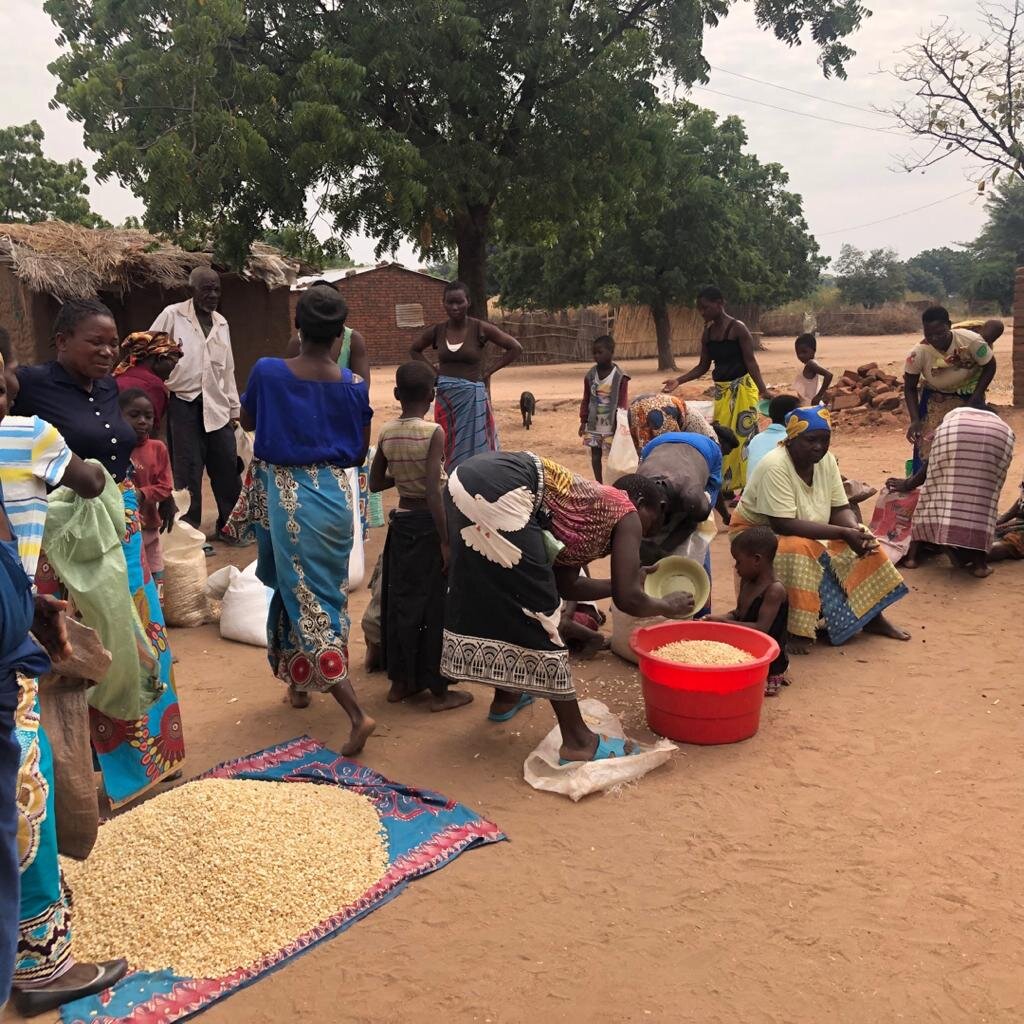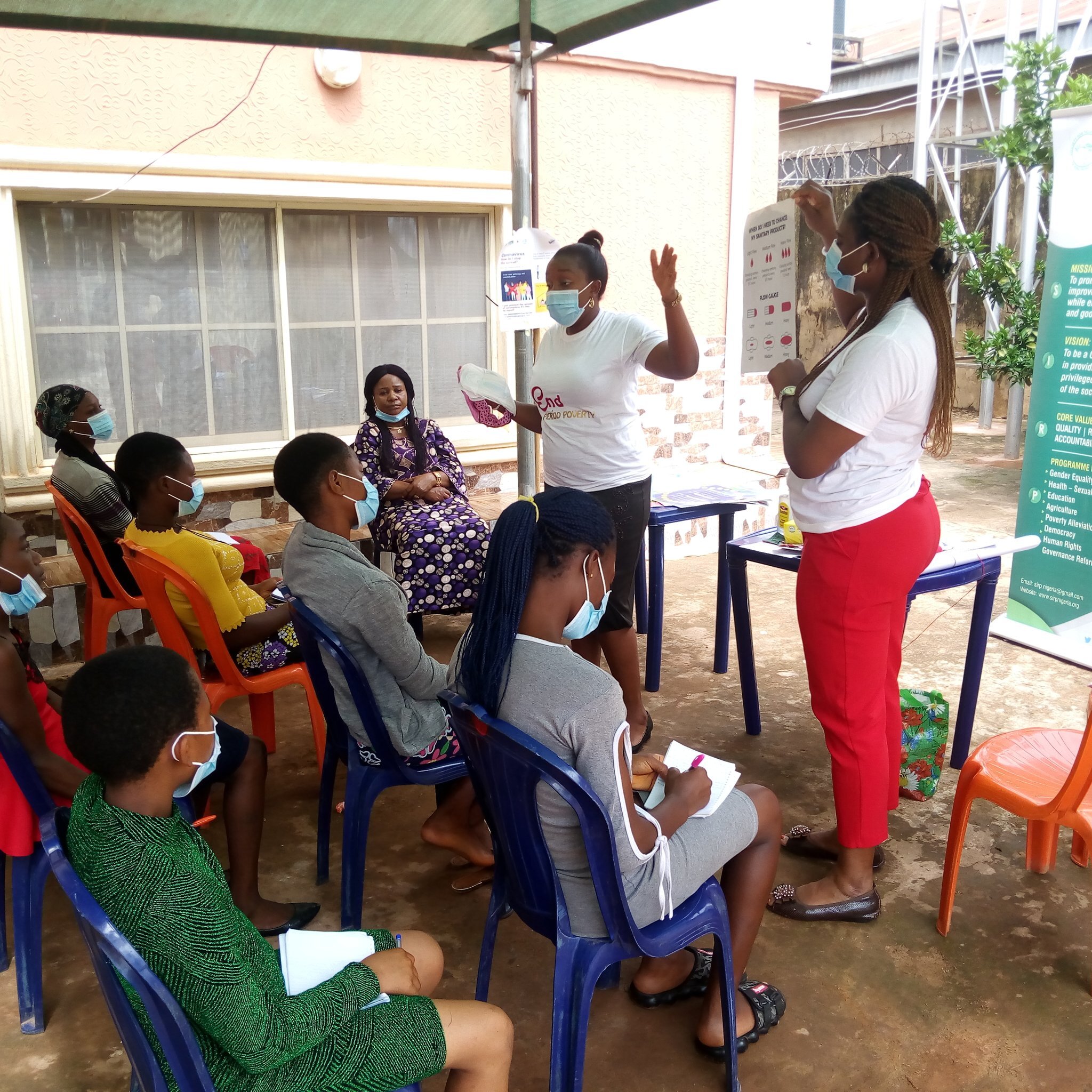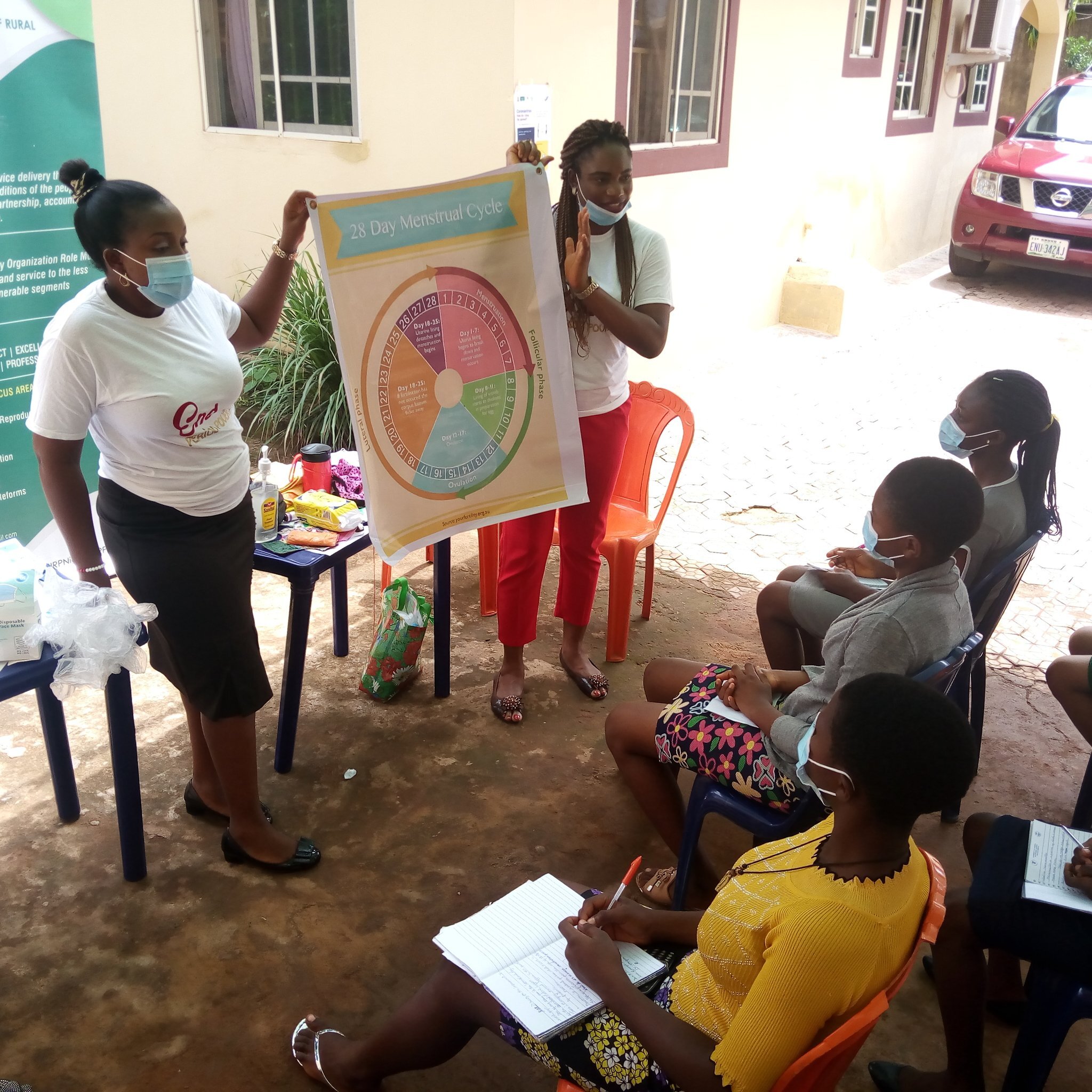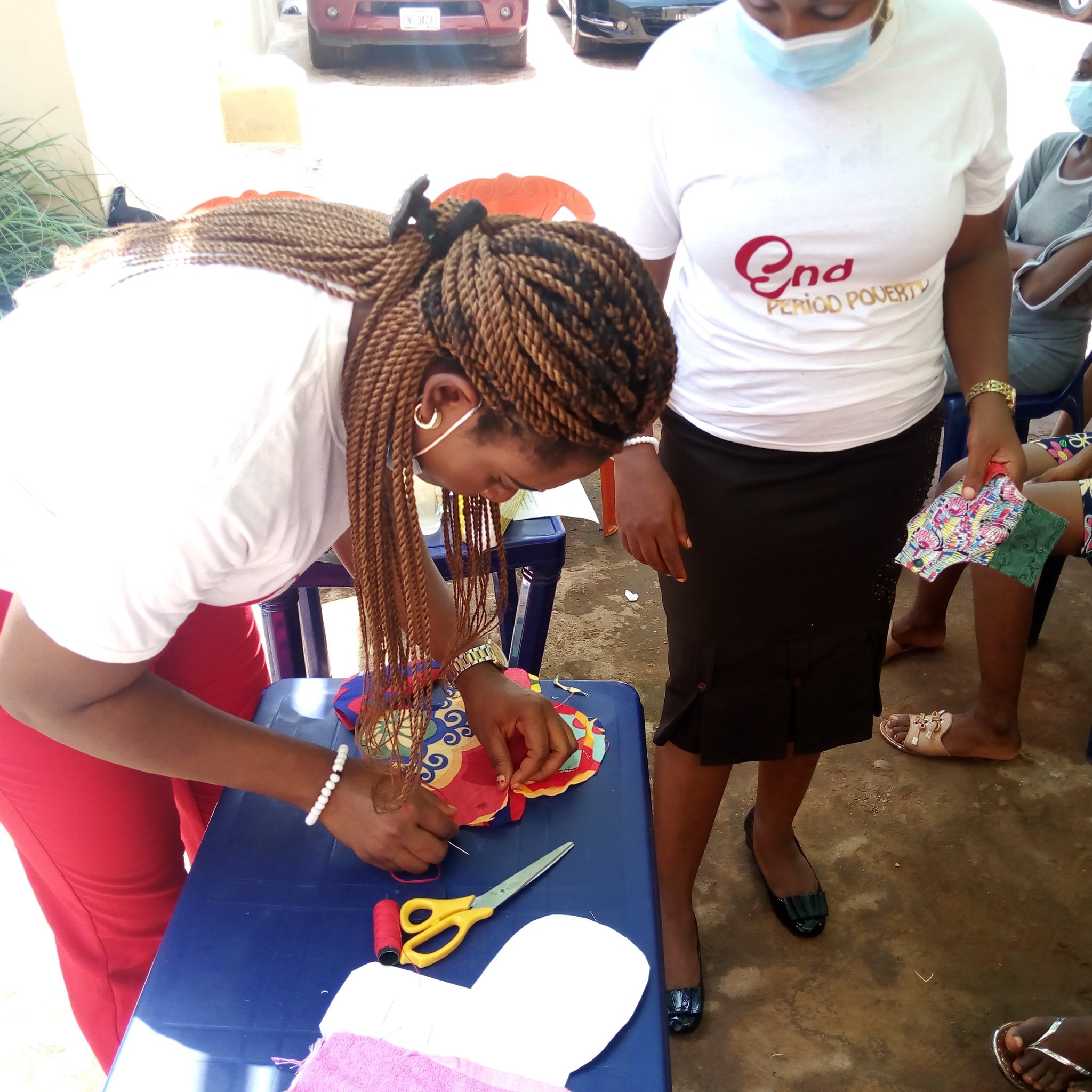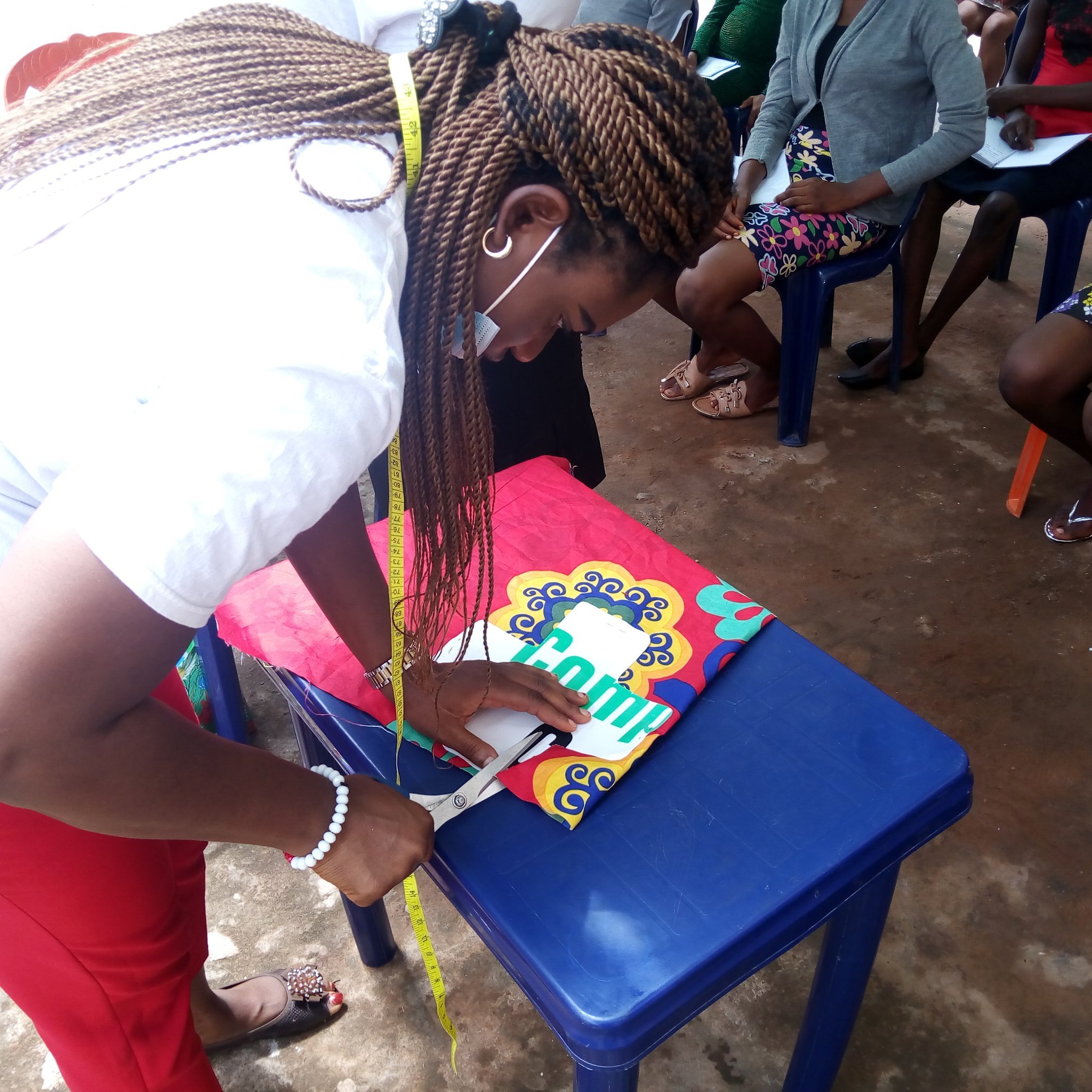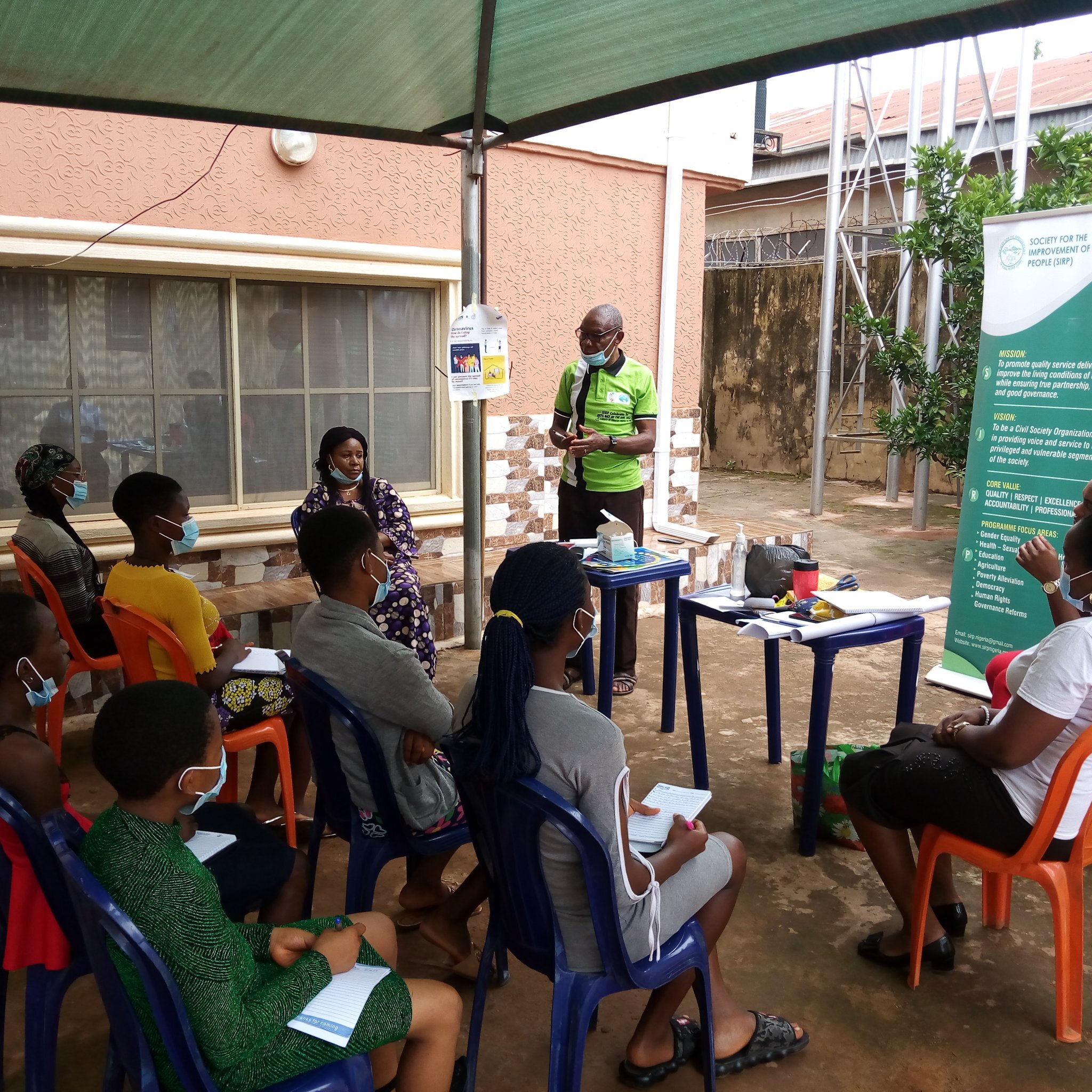Village Thanda Pani is located in District Neelum along the Line of Control (LoC) approximately 135km upstream from Muzzafarabad, near village Dodnial. Thanda Pani is one of the most populated villages in the Neelum district with the fewest educational facilities, particularly for girls. Since Thanda Pana is so close to the line of control, it is a low priority for the government and non-governmental organizations (NGOs). There is extremely limited access. Currently, there are 2 primary schools for boys with none existing for girls. The existing schools are already overcrowded and due to persistent cultural norms, most inhabitants of Thanda Pani are against co-education so girls are not allowed to attend classes with boys.
Education is key to improved quality of life and female empowerment. The gender gap in Thanda Pani is widest in levels of literacy, school enrollment, dropout rates, and vocational training opportunities. While cultural norms exist around co-education, the population of Thanda Pani is not completely against young girls gaining an education. Findings of focus group discussions led by Community Services Program (CSP) in Thanda Pani revealed that 70-75% of school-age girls are not attending school primarily because of the lack of a facility.
CSP is proposing to create a branch of the Tine Girls Model School in Thanda Pani. CSP has located a facility to be rented as a girls’ primary school. The community will contribute to the rent. Teachers have been found in an adjacent village. The creation of this primary school will lower early marriage rates, empower the girls from a young age, and fight against the patriarchal norms in society.






